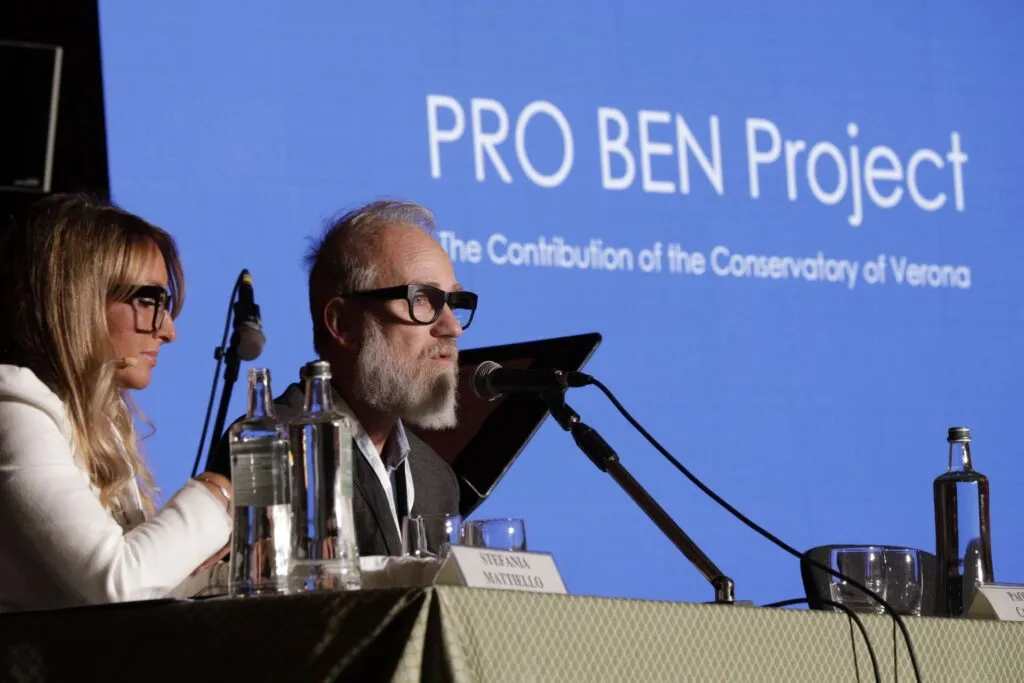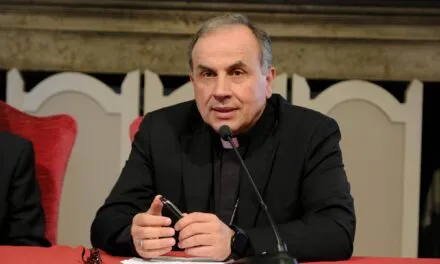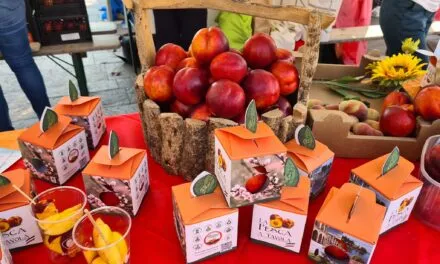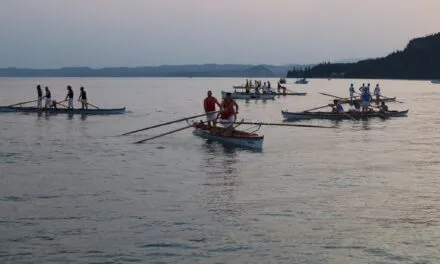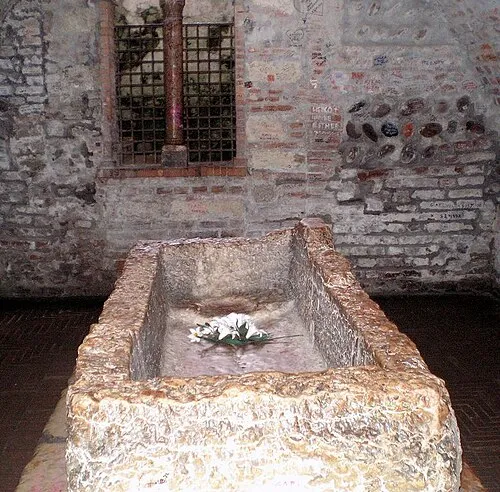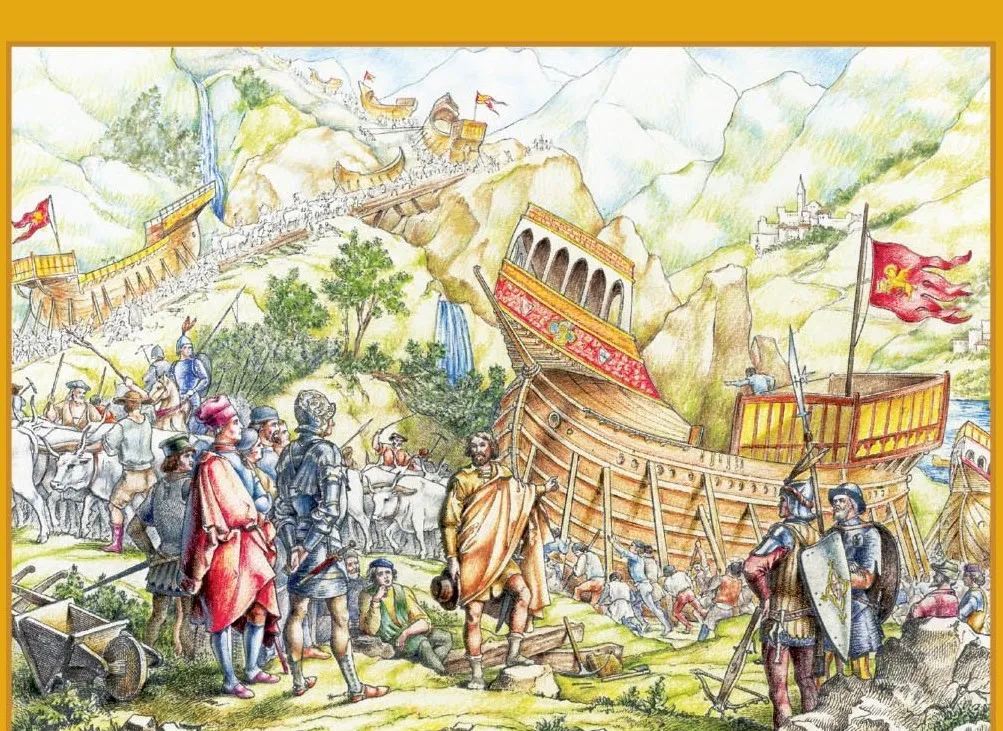More than a thousand participants, both in person and online, gathered at the Teatro Filarmonico of Verona for the first edition of Risonanze. Sound Communities for Better Living, a two-day international conference that explored how music can become a tool for health, inclusion, and social cohesion. Organized by the Conservatorio “Evaristo Felice Dall’Abaco” with the University of Verona and academic partners from Foggia, Bolzano, Molise, and the European University of Rome, the event brought together world-leading scholars, therapists, and practitioners in an unprecedented dialogue.
From the outset, the conference affirmed what research now strongly supports: music heals. The World Health Organization’s landmark report, drawing on more than 900 scientific studies, was at the center of the debate, highlighting how the arts – and music in particular – influence the entire life cycle, from stress reduction and community building to chronic disease management and rehabilitation.

On the Verona stage, the “general assembly of music therapy” showcased the discipline’s most influential figures. Italian experts Paolo Alberto Caneva, Antonella Coppi, Luca Aversano, and Francesco Sulla engaged with British authorities Tia De Nora and Gary Ansdell, alongside Norwegian pioneers Even Ruud and Brynjulf Stige. The variety of perspectives underscored the international resonance of music therapy, bridging research, practice, and public health.
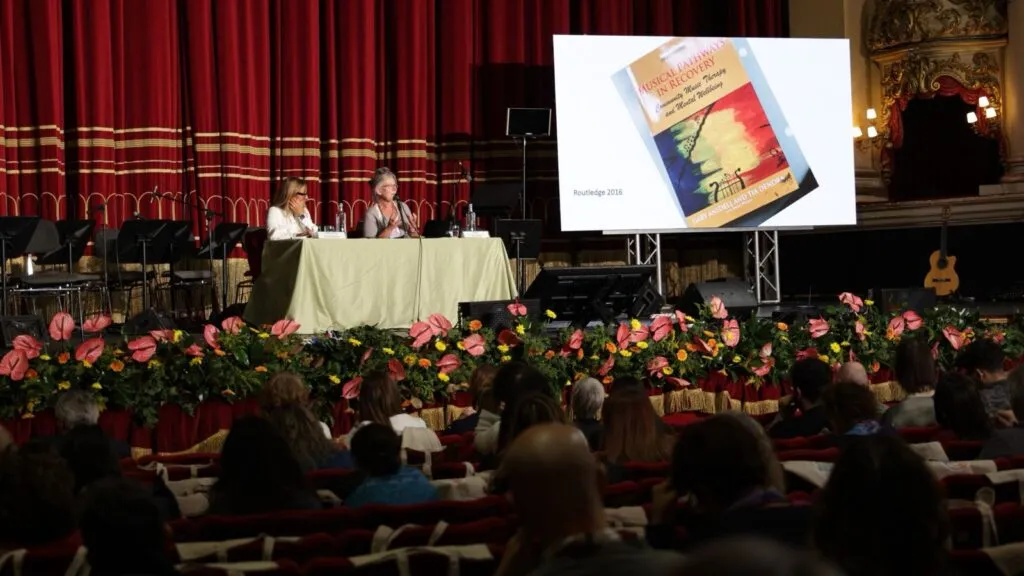
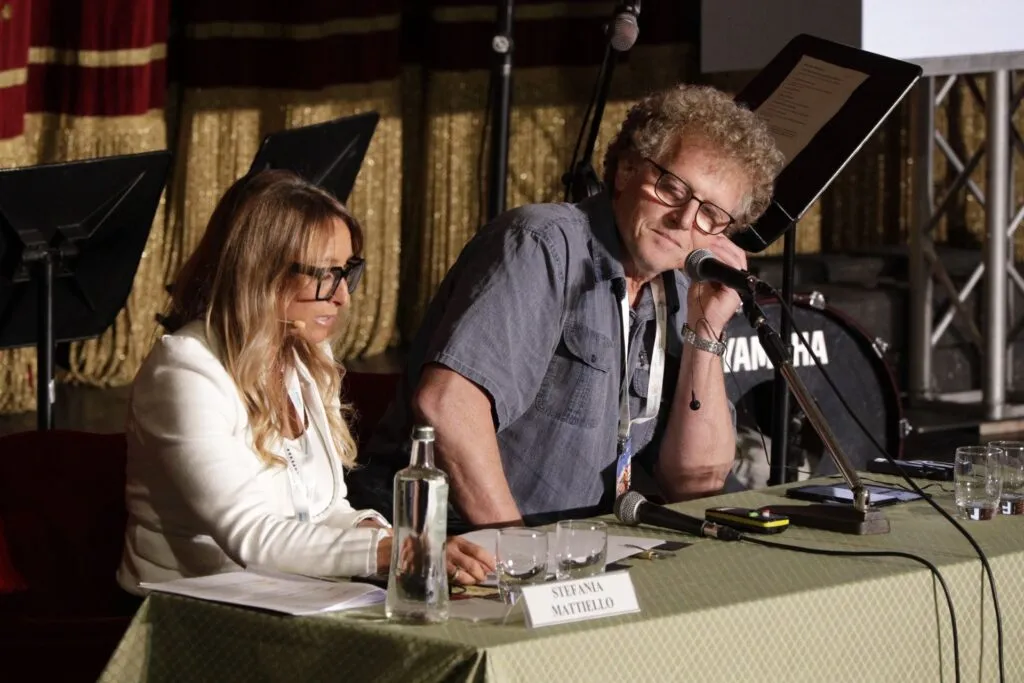
Particularly striking was the Norwegian case study of the Polyfon Knowledge Cluster for Music Therapy, a nationwide network launched in 2022 that unites universities, hospitals, and local administrations to guarantee equal access to music therapy services. Its mission is clear: to eliminate what Ruud defined as the “geographical lottery” of care. Stige emphasized the importance of extending therapy beyond the clinic, enabling citizens to continue their musical journey in everyday community life through initiatives such as music cafés and local centers.
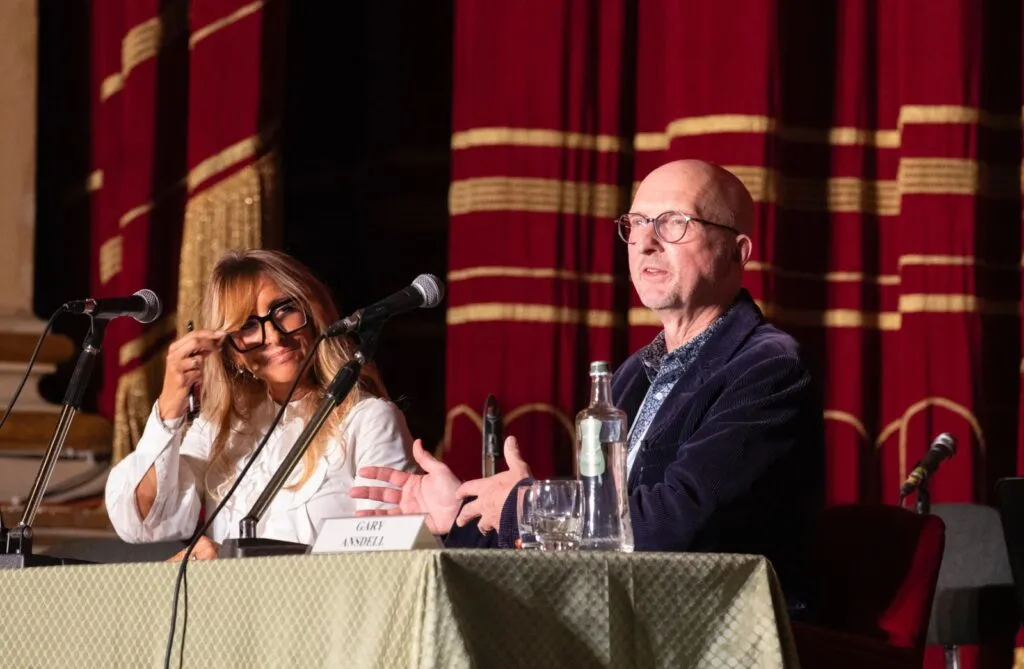
Sessions alternated academic reflection with live sonic interactions. Facilitators Mauro Faccioli, Stefano Baroni, and Albert Hera guided collective improvisations, proving how rhythm and voice can turn strangers into a community. “Improvising is not about randomness, but about resonance – finding a common rhythm that connects us and sparks new solutions” Hera told the audience, reinforcing the idea of music as a shared cultural immunogen.
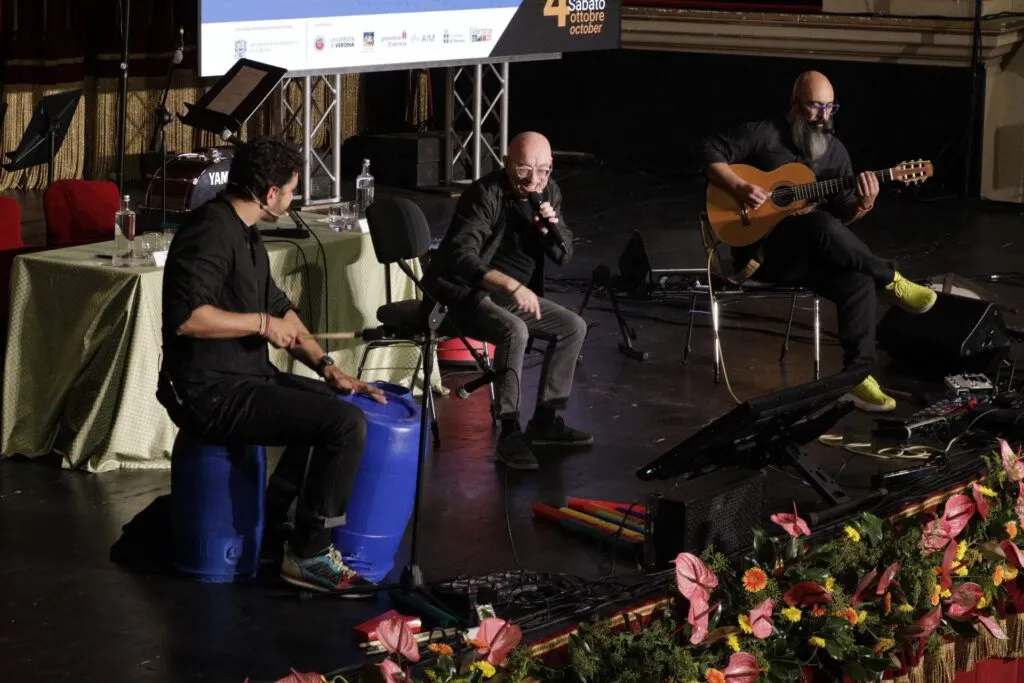
For Verona’s Conservatorio, the results are promising. “This is the future” stated Professor Paolo Alberto Caneva, scientific director of the conference. “When hospitals, neighborhoods, and public spaces begin to communicate through music, we will have reached a new level of public health”. The introduction of doctoral programs in Italian conservatories, he added, will also support music therapy in gaining recognition within national healthcare systems.
Looking ahead, all eyes turn to Bologna, which will host the next World Congress of Music Therapy in July 2026. Verona’s inaugural edition of Risonanze has already set the tone: music, as a universal language, is increasingly recognized not only as an art form, but as a vital resource for well-being in communities across the globe.
